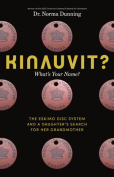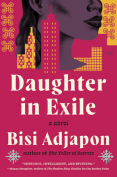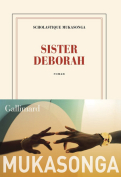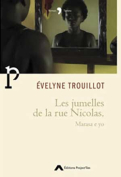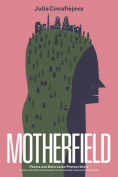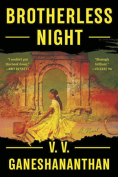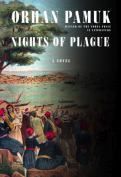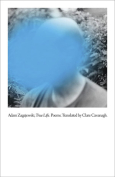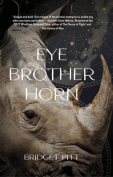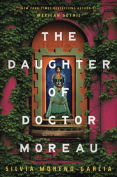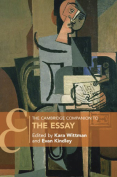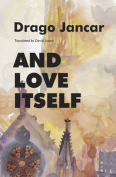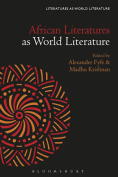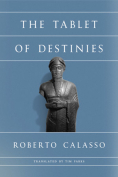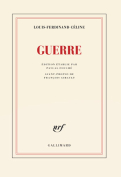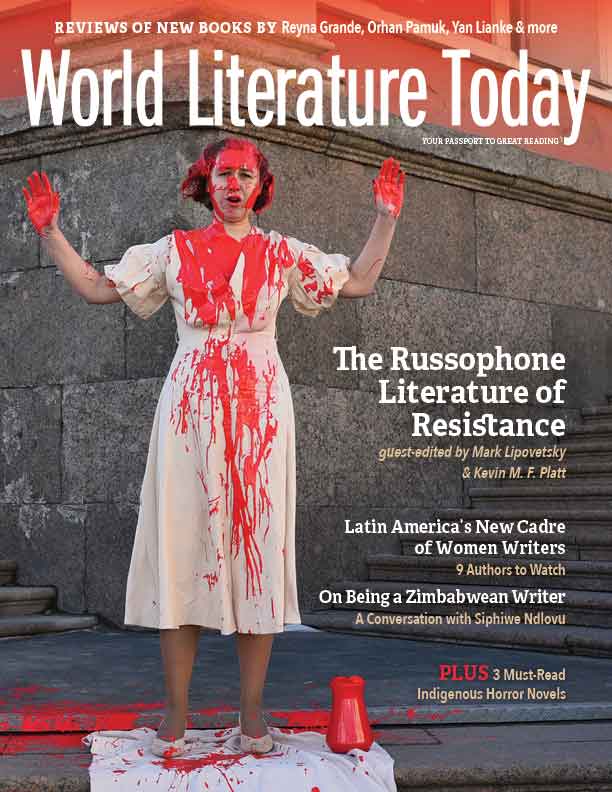Sister Deborah by Scholastique Mukasonga
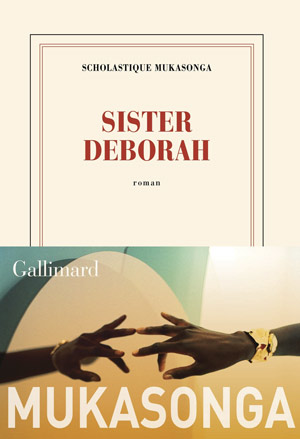 Paris. Gallimard. 2022. 160 pages.
Paris. Gallimard. 2022. 160 pages.
Born in Rwanda in 1956, Scholastique Mukasonga moved to Burundi in 1973 (already because of anti-Tutsi persecution) before eventually settling in France in 1992. Many members of her extended family were killed during the 1994 Rwandan genocide. She published her first book, Inyenzi ou les cafards (Eng. Cockroaches, 2016), in 2006. Since then, much of her written work, including Notre-Dame du Nil (2012), has revolved around late twentieth-century Rwandan history and its multiple tragedies. In 2016 she started exploring new fictional ground with Cœur tambour. Her latest novel continues that trend by introducing African American (and Protestant) missionaries into Rwanda during the 1930s, when it was still a Belgian (and Catholic) colony.
More than just another missionary sent to colonial Africa by a Western country, the title character, who is linked by her name to one of the few female prophets in the Bible, quickly takes on the attributes of both a spiritual healer and a messianic messenger. While the charismatic Sister Deborah is ostensibly subordinate to the leader of this unusual group of missionaries, the Reverend Marcus, she tends to overshadow him among the mostly female local converts, to whom she announces the imminent arrival of an unexpected savior, a Black woman destined to establish in Rwanda a blessed, prosperous realm ruled by women. An updated and rather ironic version of this imported messianic message is provided in the novel’s epigram—“I met God; she’s Black”—which serves as a nod to today’s Black Lives Matter movement.
Sister Deborah’s narrative voice is framed by that of Ikirezi, a sickly village girl who seems to find healing, inspiration, and divine guidance through her contact with the Black prophet from America. Much later, after the African American missionaries have been expelled from Rwanda by the Belgian military, Ikirezi will roughly follow Sister Deborah’s trajectory but in the opposite direction, by moving to the United States and becoming a professor, known as Miss Jewels, at Howard University. As for the erstwhile female prophet once revered (or feared) as Sister Deborah, she will eventually end up as a traditional faith healer, under the name of Mama Nganga, in one of the slums of Nairobi, Kenya. Years later, the news of her fiery end reaches Miss Jewels and leads to the conclusion to this brief novel.
At one level, Mukasonga’s latest novel is merely the fictional account of a cargo cult’s brief flowering and bloody demise. As such, it reflects the surprising forms of syncretism that resulted from the enforced propagation of Christianity during the colonial era and the necessarily more discreet resistance of African religious traditions. At another level, Sister Deborah is an allegorical retelling of the broader encounters and exchanges between rural Africans and (somewhat) idealistic African Americans, in spite of the misgivings and stereotypes held by each group.
Edward Ousselin
Western Washington University
